Stumble upon this quote from Immanuel Kant last night; it grabs me:
« I have no knowledge of myself as I am, but merely as I appear to myself. »
And then woke up this morning to learn that the earth had shifted beneath Haiti. Everything « stable » suddenly was not, everything « constructed » came crashing down in a shower of brick and glass and mortar and cement. Lives were gone in an instant, others linger injured, trapped, caught in anguished limbo, in a chaos of things shaken upside down, or « missing, » fate unknown by those « not missing. »
May those in need get what they need. May help find its way.


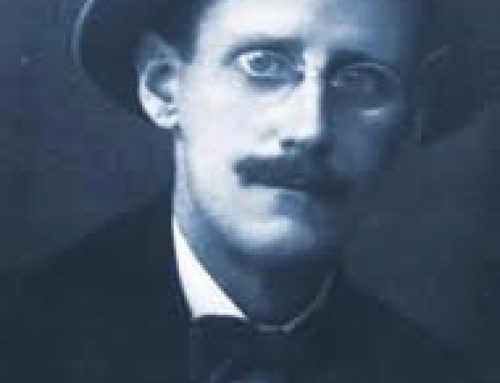
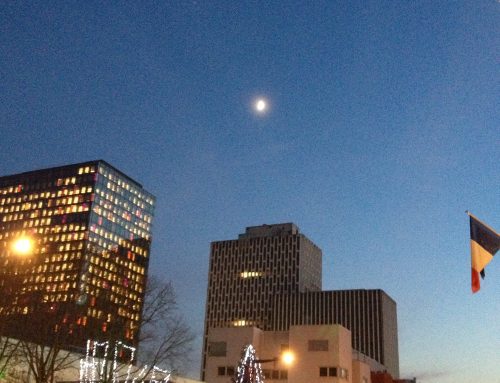
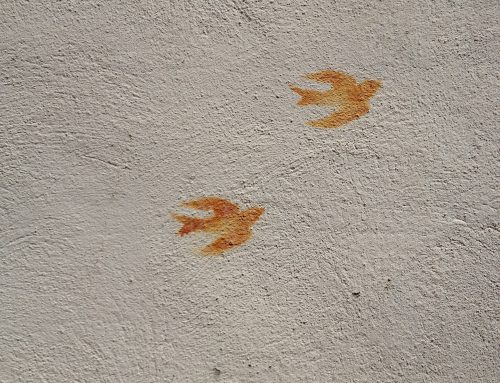
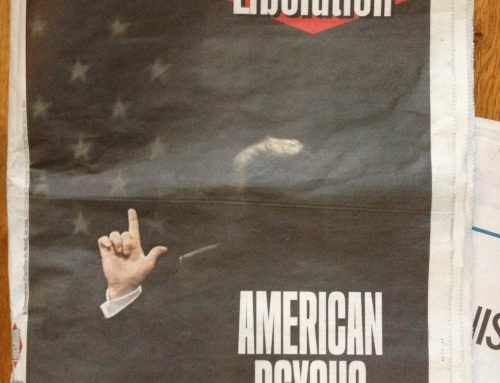
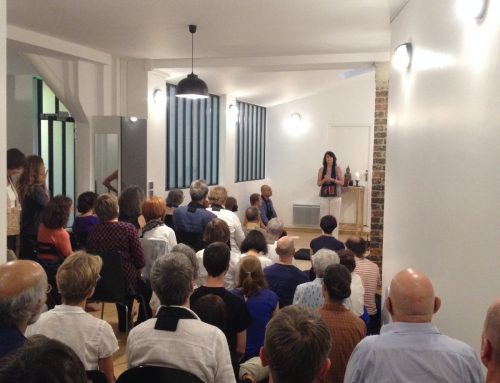






If you "label" using a language that you do not know — Swahili, Swedish, Hindi etc. — then you can truly bear witness to whatever arises, without idea, concept, fixed identity. This includes "labeling" the one who is "labeling."
Thank you so much.
i allways understood in mindfullness the witness was the one labeling. ( thinking, hearing etc.)
And since i hate labeling – it drives me crazy – i didn’t like the witness i thought …
I think you are perhaps referring to the term "bearing witness"?
If so, the implication is to be "present" without "separation," to be "intimate with" the experience at hand. "My" experience is at once "mine" and not different from that of the "other."
Like the Mahayana Buddhist bodhisattva ideal: The bodhisattva is not apart from those who suffer, he/she is among them, with the difference that he/she has realized the "empty" nature of suffering and he/she and his/her actions are thus not limited by it.
Sensei can i ask you something other than the above?
When you (and in Buddism) use the word "to witness" – you mean there is selfconsciousness in witnessing? or its just consciousness?
This frustration of hearing, seeing and knowing huge suffering is going on, and there’s nothing I can do about it; may be a problem which is older then TV; though new media make it more intense.
I think that though the events are distant, my knowledge of them and my emotions about them are here and now.
So at least I can embrace these present emotions in meditation.
I suppose the religious answer to the problem of distant suffering has always been prayer.
When you believe in God (or Buddha) almighty, and he is open to communication, you can put the problem “in his hands”. (Where it was all along.)
In Therevada Buddhism, Buddha is neither almighty nor open to communication. Life is ruled by the law of karma-consequence. So people found the solution of “sharing merit”.
The idea is that we could transfer the good consequences of our good deeds to someone else.
Doing such a thing is very good, so it does not really cost us. We can give away our merit without losing any of it.
Prayer and sharing merit seem to be tricks. Much like my trick, meditation, they integrate unbearable feelings. They restore peace of mind.
Kant is linked closely to those images of Haiti to me…
yes, Immanuel found out about the cathegorical imperatif – didn’t he?
He was ofcourse right for we are almost allways there.
Now only the fact that he saw the cathegorical comming before everything else most of the time – he must have been in this space where he could see that – no?
So he was there… as this sentence proves us.
About Haïti.
Modern technology creates a new kind of space with wich i have often difficulties. When we see those images of Haïti i feel hughe empathy and compassion. But since we see a lot of these heartbreaking things on TV – we could get used to it. Just: i don’t get used one bit. When I see these suffering on those peoples faces and in their bodylanguage i can feel it every single time again…
And there is something to this that is very weard. When in real life we see something like that – we feel empathic, compasioned and it can immediatly naturaly translate itself to helping in that situation as it is. Being a part.
When we are overwhelmed by these images –
( and i realy mean by the images – becouse i am not overwhelmed by reading words in the same way – becouse they are only concepts – the image is talking to me from a much deeper level before words/concepts : Yes the precathegorical – what brings us to Immanuel again)
But they are about situations far away from us – and they are to many to help everywhere – this leaves me behind with this kind of empty feeling…there is no possibility for wht i could call "natural action" This is not here and now… there is no immediacy in the situation…
Does Zen tell us something about this space created by modern technology – giving us a kind of awareness of things that are not realy here and now? but are real in another place?
Now that you mention Kant; at times I wonder what Enlightenment is and if maybe the European philosophical thing has something in common with the Buddhist spiritual thing.
Maybe it is this loss of solid ground?
Enlightenment – both of them – starts with questioning, with doubt, doesn’t it?
I think the continuing catastrophe in Haiti shows the importance of society; of friends and family.
If I lose solid ground (philosophically, spiritually or literally) my friends and family will catch me from falling.
But if everyone loses ground at the same time, there is no structure left to contain the damage and the disaster deepens.